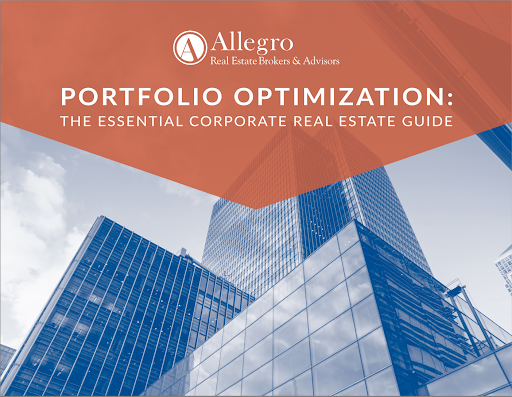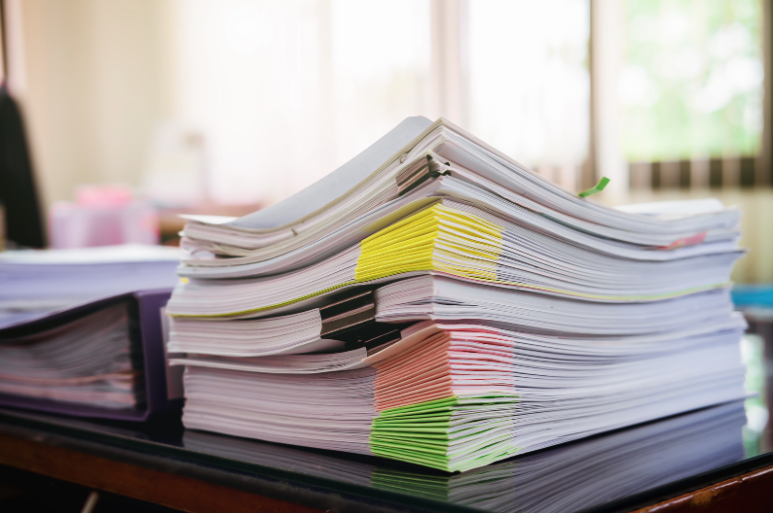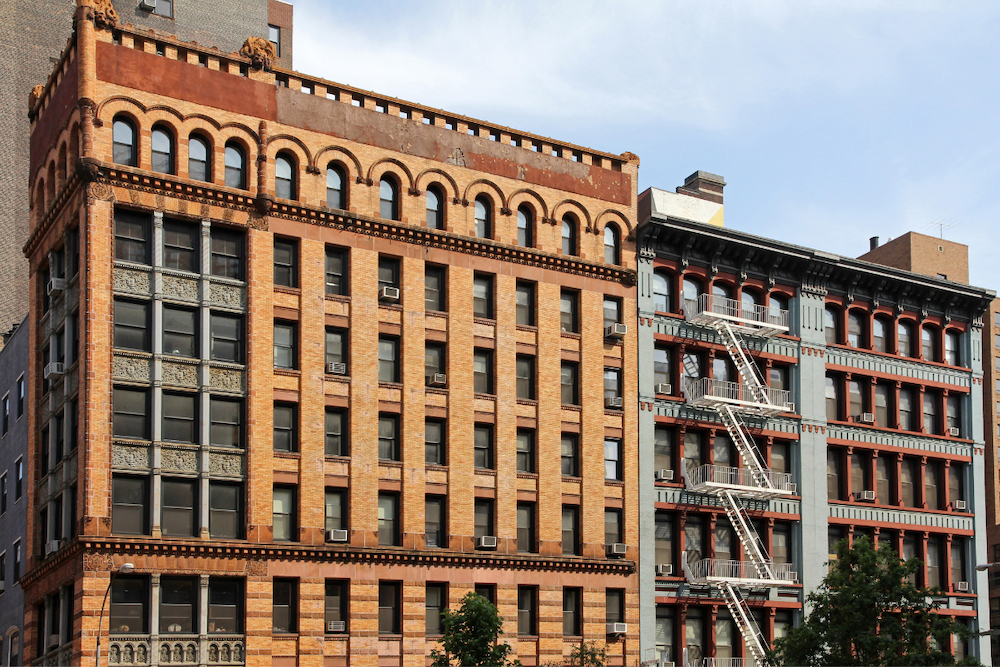Due to the complexity of commercial real estate transactions, it’s unlikely that a single company representative has the bandwidth to execute the process alone.
To be successful, a commercial real estate transaction requires the input of several key players, both from within your organization and from external sources. This post will provide an overview of several important roles in a commercial real estate purchase and sale transaction, as well as their primary responsibilities.
Primary Roles in a Commercial Real Estate Transaction
The buyer, seller, and most likely, one or two experienced real estate brokers comprise the core roles of any commercial real estate purchase transaction. Here are their key concerns and duties during a typical purchase and sale CRE transaction.
1. Buyer
In a CRE purchase and sale transaction, the buyer is the individual or group acquiring a property. Their main transaction responsibilities involve securing funding for the purchase and conducting necessary due diligence. Buyers often seek commercial real estate that meets the needs of their organization, employees, and customers. Key factors like cost per square foot and proximity to major markets are used during the decision making process.
2. Seller
The seller in a transaction is looking to downsize, relocate, create immediate cash flow or monetize their asset. While CRE purchase and sale transactions are one way to manage unsupportive assets in commercial real estate, the seller could also conduct a sale/leaseback, sublet the property, or dispose of the asset. Whether an individual or a group, the seller is responsible for conveying all important information to interested buyers, selecting the preferred buyer, and providing all required documentation to ensure closing.
3. Experienced Commercial Real Estate Broker
A commercial real estate broker is a licensed real estate professional responsible for the best interests of the buyer or seller as they navigate the transaction process. Their goal is to act as an advisor to their client and ensure their interests are represented.
Broker responsibilities differ depending on whether they represent a buyer or a seller in a transaction. Buyer-side brokers provide market and property information and help leverage negotiations, while seller-side brokers focus on offer management and attracting bidders to a property.
The Role of Third Parties in a Commercial Real Estate Purchase or Sale Transaction
Third party roles in commercial real estate purchase and sale transactions provide important support to the primary stakeholders.
4. Real Estate Attorneys
Real estate attorneys are specialized lawyers that are responsible for a number of processes during a CRE transaction. Often, they review the legality of agreements and financing documents and effectively resolve disputes between parties, as different counsels can represent the business interests of different parties in a real estate transaction.
Some states also require the presence of a real estate attorney at a transaction’s closing. Note: Ohio does not, but having an attorney present is still a best practice.
5. Escrow Officer
An escrow officer is a neutral third party responsible for the deposit of earnest money, which signals a buyer’s intention to purchase, into an escrow account. They are generally in charge of managing title documents and keeping a transaction on its financial timeline.
At the closure of a transaction, it’s often an escrow officer who oversees the allocation of closing costs and sale proceeds, collects documentation to comply with the purchase and sale agreement, and records title transfer.
6. Loan Officer
Loan officers, often a representative of a financial institution, help buyers complete a lending application and procure the loan used to acquire the property. They are sometimes called mortgage loan officers, as mortgages are usually the most complex loan a buyer will encounter.
7. Lender
Lenders—either an individual or a financial institution—help a buyer establish a loan directly. Brokers often have relationships with several lenders to assist the buyers they represent in finding the right fit.
8. Surveyor
As part of the due diligence process, surveyors conduct physical research on a property to uncover issues that are not identifiable on paper. The most common type of property survey, called an ALTA survey, identifies any discrepancies between the property and title documents.
9. Environmental Consultant
Environmental consultants are also hired during the due diligence phase to conduct an environmental site assessment (ESA) of the property. During Phase I and Phase II ESAs, environmental consultants review the past, present, and future environmental risks of a commercial property. The results will likely have an impact on the final terms of the CRE transaction.
10. PCA Professionals
During due diligence, facilities professionals are also brought in to conduct a property condition assessment (PCA). The goal of the PCA is to provide a review of the condition of the property and improvements that have been made. PCAs can be completed by either a building engineer or an outside specialist before the transfer of the asset title.
Navigating a commercial real estate transaction can be complicated without support from the right experts. Whether you’re looking to buy, sell, or lease commercial real estate, our team of experienced, salaried brokers is ready and willing to help.
Want more commercial real estate resources?
Our blog features frequent content, straight from our commercial real estate experts. Subscribe to receive weekly content right in your inbox, on topics like advice and opinions on the state of the industry, market reports, and updates about the Allegro team.







